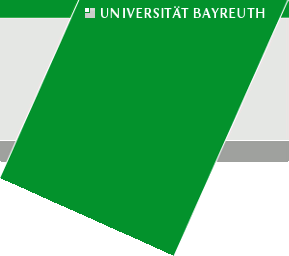The Possible and Impossible in Ecosystem Modelling
O 3.10 in Ökosysteme: Funktion und Leistungen
11.10.2012, 16:45-17:00, H8
Modeling links its two foundations: empirical data with theoretical formalism. In ecology the role of theory as a second foundation has over the last decade been taken over by software choices and simulation models. For example, in simulation models which contain individual agents (so called ABMs or Agent-Based-Models) theoretical assumptions regarding ecosystems and organisms often remain fully implicit. The chair of ecological modeling seeks to reveal such theoretical assumptions and options behind computer models. We are especially interested in the implications of the widespread adoption of modeling ecosystems as dynamical systems in the sense of physics. Physics is by far the dominating provider of theoretical terminology, abstractions and metaphors in ecosystem research. Computer science in contrast is seen as a mere provider of technical tools with which equations can be numerically solved. Here, we want to draw attention to theoretical contributions of computer science and how these can widen or restrict the choice for ecological modelers. Time series analysis and the classification of ecosystems are used as examples. Tasks, such as predicting time series as outputs of ecosystems, which are typically thought as theoretically possible, but technically extremely difficult because of the complexity involved, may appear in the new perspective as theoretically impossible. The new theoretical possibilities of computer science complement those of physics, but will thus require a slight change in the perspective of ecosystem modeling and in the education of modelers.
Export as iCal:


